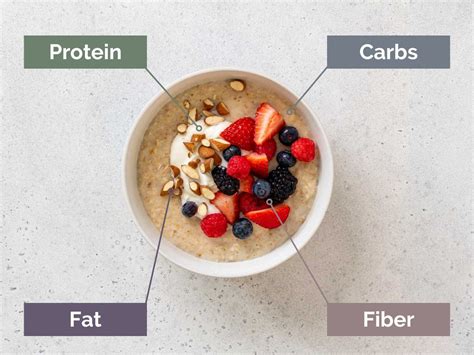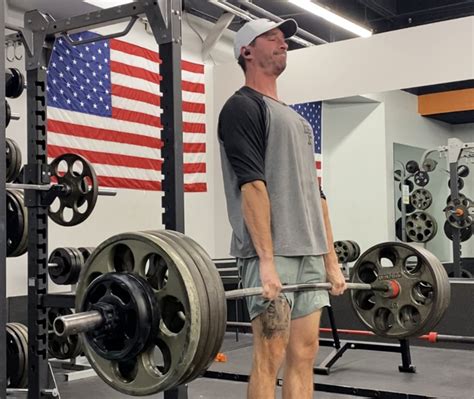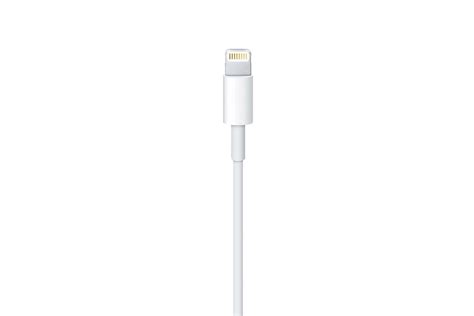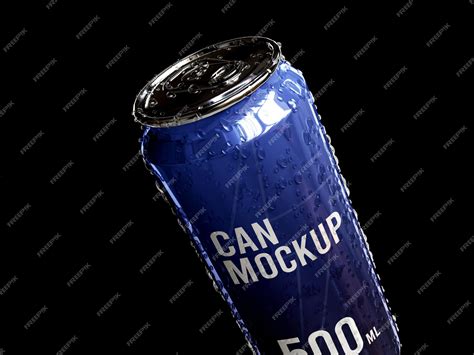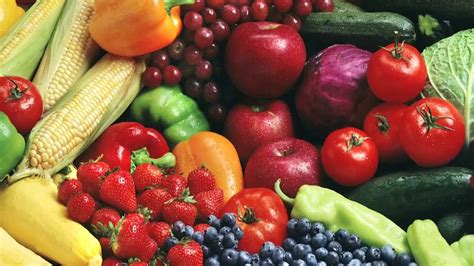What nutrition plan boosts testosterone for peak male performance?
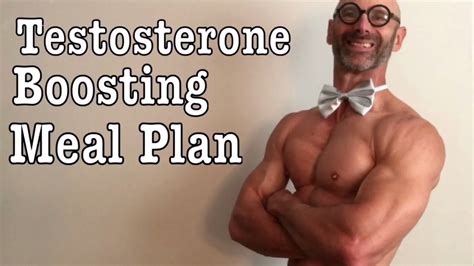
Unlocking Peak Male Performance Through Strategic Nutrition
Testosterone is the primary male sex hormone, playing a pivotal role far beyond just sex drive. It influences muscle mass, bone density, fat distribution, red blood cell production, mood, and energy levels. For men seeking peak performance—whether in the gym, the boardroom, or daily life—optimizing testosterone levels through nutrition is a powerful strategy. While many factors contribute to hormonal balance, a well-structured diet forms the bedrock.
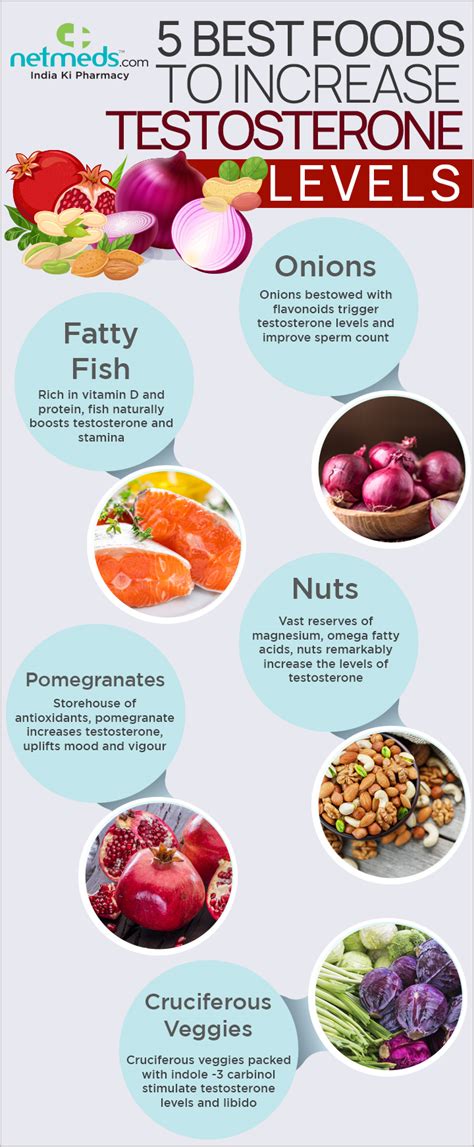
The Nutritional Pillars of Testosterone Production
Boosting testosterone isn’t about magical supplements but rather providing your body with the raw materials and optimal environment it needs to produce this vital hormone efficiently. This involves a balanced intake of macronutrients and a focus on specific micronutrients.
Macronutrients: The Foundation
- Healthy Fats: Cholesterol, a type of fat, is a precursor to testosterone. Adequate intake of healthy fats, including monounsaturated, polyunsaturated, and a moderate amount of saturated fats, is crucial. Sources like avocados, nuts, seeds, olive oil, and fatty fish are excellent choices.
- Quality Proteins: Protein is essential for muscle building and overall bodily repair, both of which support a healthy hormonal profile. Lean meats, poultry, fish, eggs, and plant-based proteins like legumes and tofu should be staples.
- Complex Carbohydrates: While some diets demonize carbs, they are vital for energy, exercise performance, and preventing muscle breakdown (which can negatively impact testosterone). Opt for whole grains, fruits, and starchy vegetables like sweet potatoes.
Micronutrients: The Essential Catalysts
Several vitamins and minerals act as cofactors in testosterone synthesis:
- Vitamin D: More than just a vitamin, it functions as a steroid hormone. Studies show a strong correlation between adequate Vitamin D levels and higher testosterone. Sunlight exposure is ideal, but fatty fish, fortified foods, and supplements are also options.
- Zinc: This mineral is critical for many enzymatic processes, including those involved in testosterone production. Zinc deficiency is directly linked to low testosterone. Oysters, red meat, pumpkin seeds, and legumes are rich sources.
- Magnesium: Found to increase both total and free testosterone levels. Leafy green vegetables, nuts, seeds, and dark chocolate are good sources.
- Vitamin K2: Emerging research suggests a role in hormone regulation. Found in fermented foods and certain animal products.
- Boron: May help increase free testosterone and reduce estrogen levels.
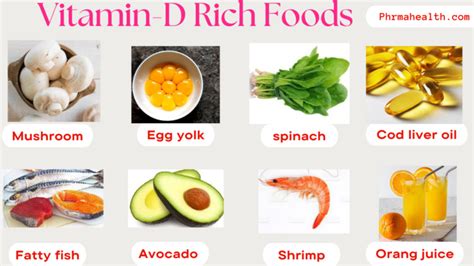
Foods to Prioritize for Optimal Testosterone
To put the above principles into practice, focus on incorporating these food groups:
- Fatty Fish: Salmon, mackerel, sardines (rich in Vitamin D and Omega-3s).
- Oysters and Shellfish: Excellent sources of zinc.
- Red Meat: Grass-fed beef offers zinc, iron, and healthy fats (consume in moderation).
- Eggs: The yolk is packed with cholesterol, Vitamin D, and healthy fats.
- Avocados: High in monounsaturated fats.
- Nuts and Seeds: Almonds, walnuts, pumpkin seeds, flaxseeds (healthy fats, magnesium, zinc).
- Cruciferous Vegetables: Broccoli, cauliflower, cabbage (contain compounds that help metabolize estrogen, indirectly supporting testosterone).
- Garlic: Contains allicin, which may help lower cortisol and support testosterone.
- Leafy Green Vegetables: Spinach, kale (magnesium, vitamins).
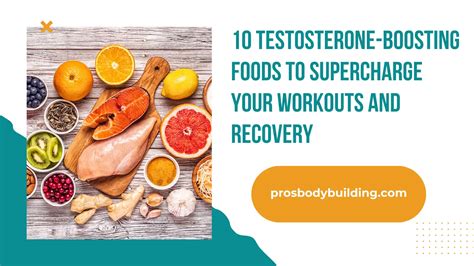
Foods to Limit or Avoid
Just as important as what you eat is what you avoid. Certain foods can negatively impact testosterone:
- Excessive Sugar and Processed Foods: Can lead to insulin resistance, inflammation, and increased body fat, all detrimental to testosterone.
- Trans Fats and Highly Processed Vegetable Oils: Linked to inflammation and metabolic dysfunction.
- Excessive Alcohol: Can impair testicular function and increase estrogen.
- High-Soy Diets: While soy is generally healthy, very high intake of soy isoflavones has been a subject of debate regarding testosterone levels for some individuals.
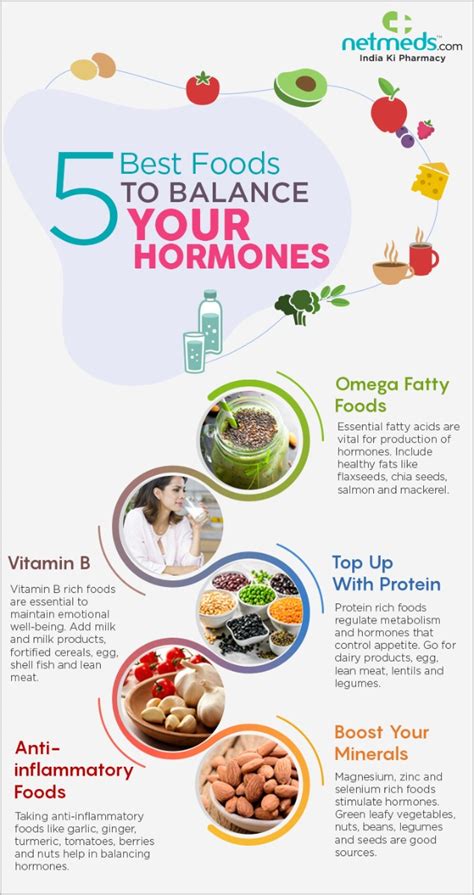
Beyond the Plate: Lifestyle Factors
Nutrition is a cornerstone, but lifestyle habits amplify its effects:
- Adequate Sleep: Lack of sleep significantly reduces testosterone production. Aim for 7-9 hours of quality sleep per night.
- Regular Exercise: Strength training and high-intensity interval training (HIIT) are particularly effective at boosting testosterone.
- Stress Management: Chronic stress elevates cortisol, which can suppress testosterone. Incorporate stress-reducing activities like meditation, yoga, or spending time in nature.
- Maintain a Healthy Weight: Excess body fat, particularly around the midsection, can increase estrogen levels and lower testosterone.

Conclusion
A nutrition plan designed to boost testosterone for peak male performance is holistic, focusing on nutrient-dense whole foods, healthy fats, quality proteins, and complex carbohydrates. By prioritizing key micronutrients like Vitamin D, zinc, and magnesium, and concurrently adopting supportive lifestyle habits, men can naturally optimize their hormonal health. Consistency is key, and while dietary changes can yield significant results, consulting with a healthcare professional or registered dietitian is always recommended for personalized advice, especially if you suspect a deficiency or have underlying health concerns.
